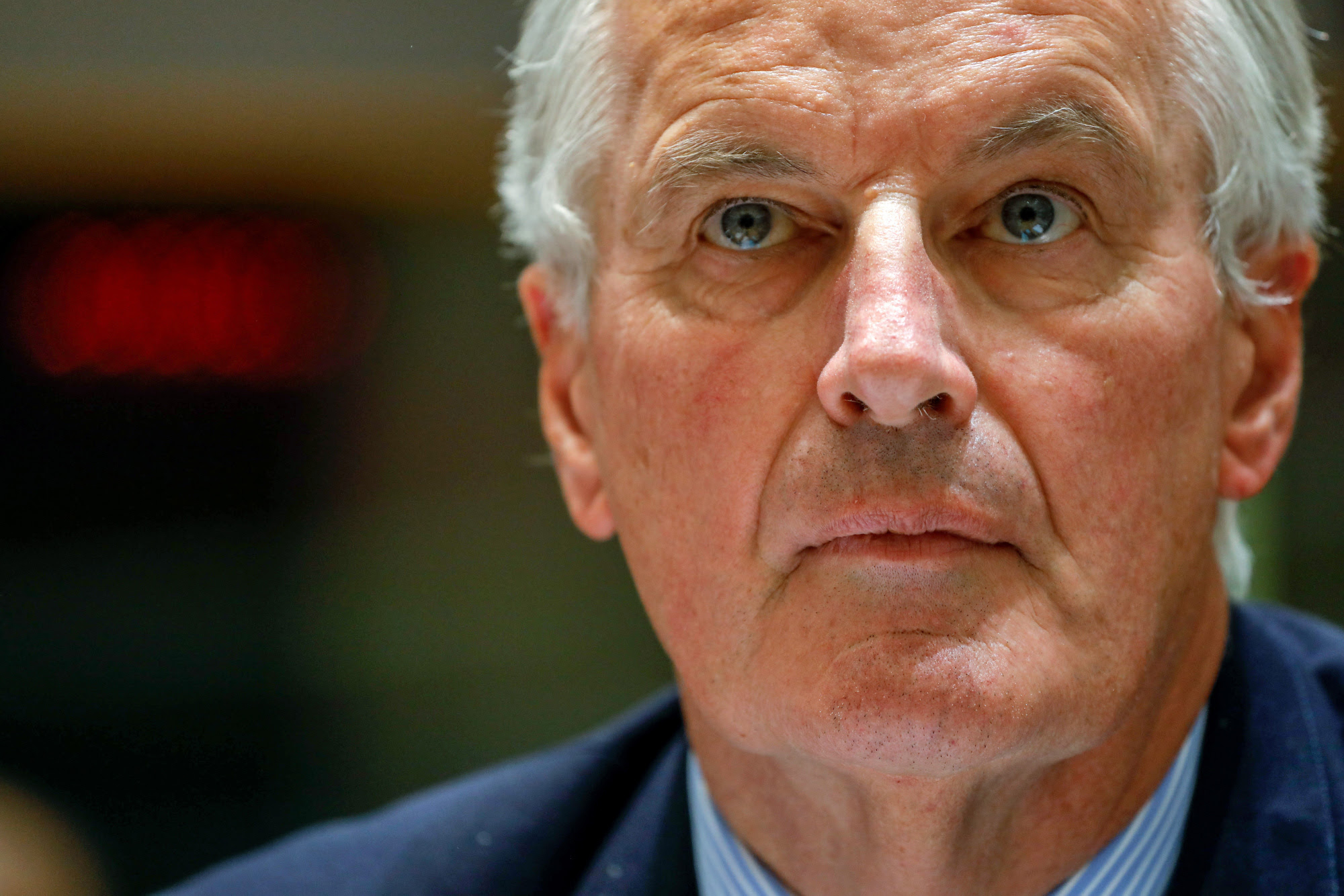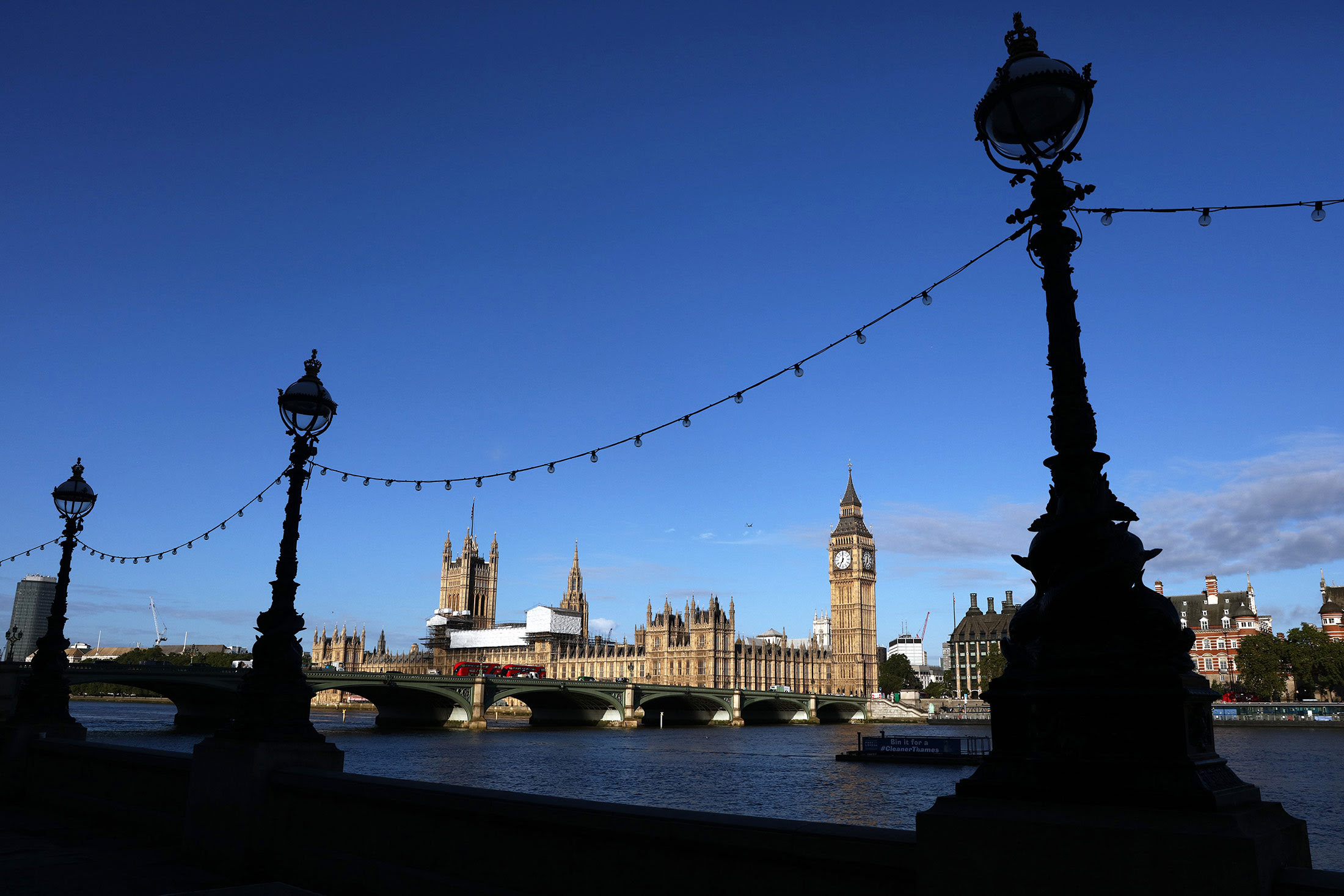Stepping forward
Theresa May won backing from key ministers to improve her offer on the Brexit divorce bill to about £40 billion ($53 billion), ITV News reported. Now the prime minister wants to make sure she’ll get something in return before putting the offer on the negotiating table.
May – who hasn’t said anything publicly about the size of a new offer – keeps saying the “U.K. and the EU should step forward together.” That means she doesn’t want to make an offer on the money unless she’s sure she’ll get the green light for trade talks to start in return. It could cost her her job otherwise, as plenty of lawmakers – and voters – don’t think Britain should be paying anything like the sums Brussels is demanding.

ITV’s Robert Peston also reported that a key group of ministers agreed that the European Court of Justice will have a role after Brexit for EU citizens. If confirmed, that would be a major breakthrough on citizens’ rights, one of three sticking points blocking the move from divorce negotiations to trade talks. That would just leave the thorny issue of the Irish border, back on the agenda in recent weeks with the potential to scupper progress. EU chief negotiator Michel Barnier took a tough line on the border on Monday, saying it was up to “those who wanted Brexit” to propose a solution to avoid a hard international frontier running through the island of Ireland.
On the bill, the Financial Times reported that the government won’t put the offer to Brussels until Dec. 8, well after a deadline set by Barnier, and just before the crunch EU summit on Dec. 14-15. That’s cutting it fine: EU ambassadors are due to start drafting summit conclusions on Dec. 6. But there’s a session of sherpas – the representatives of EU leaders – on Dec. 11 and the U.K. may be aiming to get its offer in for then. That would fit the U.K.’s long-held strategy of seeking to interact with leaders rather than the European Commission.
The EU remains clear, with the 27 still united, that the U.K. needs to come up with an offer in the negotiating room. Speeches and leaks won’t do. “It has to be concrete and on the table instead of in the press,” Dutch Foreign Minister Halbe Zijlstra said on Monday.
It also remains to be seen if the offer is enough. The EU wants to see a methodology and to see that the U.K. is recognizing exactly where it thinks it’s on the hook. The bill, which the EU side has said is about 60 billion euros, includes budget payments Britain agreed to as a member, unpaid bills for amounts committed to but not yet disbursed, and a share of other liabilities the EU has built up over the years, such as pensions for EU officials.
But the bill hasn’t really been explained to voters, who were promised dividends rather than bills from Brexit, and polls show almost two-thirds of Brits think a settlement of even 20 billion pounds is unacceptable. Tory lawmaker Robert Halfon captured the mood of a public fed up with the effects of austerity on hospitals and schools: “If we start saying that we’re going to give 40 to 50 billion to the EU, I think the public will go bananas.”
Brexit Secretary David Davis might have a crack at addressing that when he speaks at a conference in London on Tuesday morning. Meanwhile, Foreign Secretary Boris Johnson takes questions in Parliament at 11:30 a.m.
Brexit Latest
Choose Your Friends Wisely | Barnier issued a clear warning on Monday that if the U.K. wants a good trade deal it needs to stay close to EU regulations after Brexit. The U.K. wants the best trade deal that’s ever been struck with the EU but also seeks accords with countries, including the U.S. Trade experts say countries essentially have to choose which regulations they want to abide by. “It is not only about rules or laws. It is about societal choices – for health, food standards, our environment and financial stability,” Barnier said.
Unusual Slump | Brexit will lead to a long period of sluggish U.K. growth, putting the economy in an “unusual” slowdown for years, according to Bank of England policy maker Dave Ramsden. In his first public speech since becoming deputy governor in September, Ramsden said that while the resilience of the economy since the 2016 referendum has been welcome, the longer Brexit uncertainty persists the more likely it is that demand and investment growth will weaken.
Dividing the Spoils | Paris and Amsterdam won the contests to host two London-based EU agencies, the first concrete political victories in the battle for Brexit spoils. The EU’s banking authority will move to Paris and the medicines regulator will relocate to Amsterdam before Brexit day in March 2019. The two cities emerged victorious after a series of secret ballots by EU governments, and in each case a drawing of lots was needed after a tie in the final round.
Too Late | While U.K. politicians are fighting to get a deal early next year that will ease businesses’ panic about Brexit, for banks it’s probably too late. Barring some major breakthrough, global banks will implement their relocation plans early next year to guarantee they’re able to have new EU offices running in time for Brexit, people with knowledge of the matter said. There’s little May can do to stop lenders from executing their contingency plans, if they haven’t already, said one of the people.
Brexit Means Taxes | British voters expect taxes to rise after Britain leaves the bloc, according to a poll, just as Chancellor of the Exchequer Philip Hammond prepares to deliver his annual budget on Wednesday. Sixty-nine percent see an increase in levies compared with 31 percent who expect a decline, according to the online survey of 2,051 voters carried out by ComRes for MHP communications on Nov. 15 and 16.
On the Markets | The pound rose to $1.3250 in early trading on Tuesday. The budget on Wednesday is the main focus for markets this week.



Comentarios
Publicar un comentario